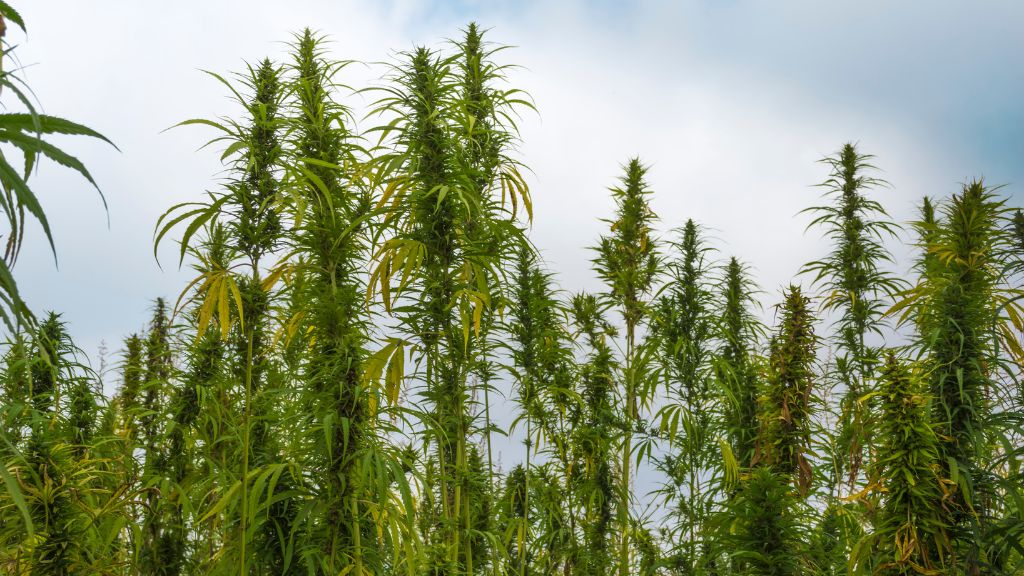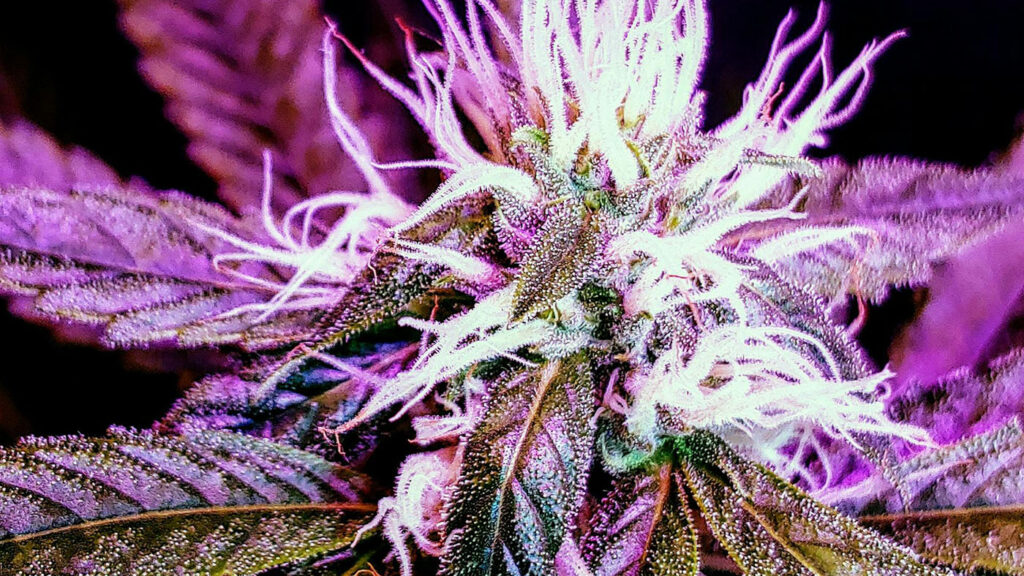Estimated reading time: 6 minutes
Table of contents

Introduction
The Tennessee General Assembly is witnessing a renewed push for cannabis reform in 2025. Lawmakers have introduced bicameral legislation to legalize both medical and adult-use cannabis. However, the effort remains highly partisan, with competing proposals and legislative hurdles posing significant challenges.
Legislative Proposals
On February 4, Sen. Jeff Yarbro, D-Nashville, and Rep. Larry Miller, D-Memphis, introduced companion bills to legalize adult-use cannabis. Their legislation would allow adults 21 and older to:
- Purchase, consume, and possess up to 60 grams of cannabis or 15 grams of concentrate.
- Cultivate up to 12 plants at home.
- Establish a licensed, taxed, and regulated cannabis marketplace.
- Authorize parents or legal guardians to administer “non-smokable” cannabis to minors with qualifying medical conditions.
Miller argued that cannabis legalization could generate $155 million in annual revenue for Tennessee, while also reducing taxpayer spending on enforcing outdated cannabis laws.
Meanwhile, Sen. Janice Bowling, R-Tullahoma, and Rep. Iris Rudder, R-Winchester, introduced the Tennessee Medical Cannabis Act, a separate proposal focused solely on medical cannabis. Their bill, Senate Bill 489, would create a regulated market for cultivation, manufacturing, and sales. Bowling emphasized the importance of a state-controlled “seed-to-sale” tracking system to ensure product safety.
Challenges and Legislative Status
Despite support for cannabis reform, the path to legalization faces significant challenges. Tennessee Republicans hold supermajorities in both legislative chambers, making the Democratic-led adult-use bill an uphill battle. No state has ever legalized adult-use cannabis before medical cannabis, making Bowling and Rudder’s medical cannabis bill the more likely to advance.
On February 25, Bowling presented her proposal to the Senate Judiciary Committee. However, without a second on the motion to advance the bill, it was reassigned to the General Subcommittee, delaying its progress.
Public Opinion and Regional Influence
Public support for cannabis reform in Tennessee continues to grow. According to a December 2024 Vanderbilt University poll, 63% of registered voters favor legalizing adult-use cannabis. Additionally, Tennesseans living near state borders already have access to legal cannabis. Residents in the west can cross into Missouri for adult-use purchases, while those in the east can buy cannabis on Native American land in North Carolina.
Conclusion
While Tennessee remains one of the few states without a medical cannabis program, 2025 could mark a turning point. The medical cannabis bill has a stronger chance of passing than the adult-use proposal, given the state’s political landscape. With public support on the rise and neighboring states offering legal access, pressure continues to mount for Tennessee lawmakers to enact meaningful cannabis reform. The legislative session runs through April 25, leaving advocates hopeful for progress in the months ahead.
Tennessee Cannabis Legalization 2025 FAQs
No, marijuana is not legal in Tennessee, except for limited medical use.
A variety of products will become available as dispensaries become operational, and to access these facilities patients are required to have a Tennessee Marijuana Card.
Delta-8 is legal to purchase, use, possess, sell, distribute, and produce in Tennessee under state and federal law. The product may be marketed in ways that put the public health at risk and should especially be kept out of reach of children and pets. potential for medical use and could provide a market for farmers.
Delta 8, Delta 10, and Delta 9 are legal and available to buy online in Tennessee.
No, Tennessee is not a recreational marijuana state. It is illegal for most uses, and possession of any amount is a criminal misdemeanor.
As long as the edibles are derived from hemp and contain less than 0.3% THC, they are legal in Tennessee, and there are no penalties associated with their possession. If hemp-derived edibles are found to contain more than 0.3% THC, they are treated as cannabis-derived products.
Tennessee is one of only 12 states without a viable medical cannabis program and one of 19 states that continues to imprison individuals for possessing small amounts of cannabis — possession of a half-ounce or less is punishable by nearly a year of incarceration.
While Tennessee does not have a proper medical marijuana program, the state does allow low-THC cannabis oil. This oil may not exceed a concentration of 9% THC.
Additional Resources
Free eBooks For Cannabis Business Success
Latest Articles
- Missouri Cannabis Licensing & Business Opportunities 2026Missouri has established itself as the premier success story for cannabis in the Midwest, evolving from a standard medical regime to a high-volume adult-use market that exceeded $1.52 billion in annual sales in 2025. As the market enters the 2026–2027 biennium, the landscape is shifting from rapid expansion toward operational maturation and specialized entry.
- North Carolina Cannabis Licensing & Business Opportunities 2026North Carolina remains one of the final significant jurisdictions in the United States without a comprehensive medical or adult-use cannabis program. However, the 2026–2027 biennium is projected to be the most consequential period in the state’s cannabis history. Driven by the formation of the North Carolina Advisory Council on Cannabis and an impending federal “hemp cliff,” the state is moving from a period of passive prohibition toward a structured, albeit highly restrictive, regulatory framework.
- Nebraska Cannabis Licensing & Business Opportunities 2026Nebraska is entering the 2026–2027 biennium at a historic crossroads. Following the 71% voter approval of Initiatives 437 and 438 in late 2024—the largest margin for a medical cannabis initiative in U.S. history—the state is currently standing up its first regulated medical infrastructure.
- Florida Cannabis Licensing & Business Opportunities 2026Florida represents the most capital-intensive and professionally structured cannabis market in the nation. As of 2026, the state is at a crossroads: it is both expanding its mature medical program and preparing for a potential constitutional shift toward universal adult-use access. On November 3, 2026, Florida voters will decide on the Marijuana Legalization Initiative (Amendment 3). Passing this requires a 60% supermajority—a high threshold, but one that polls suggest is within reach.
- Virginia Cannabis Licensing & Business Opportunities 2026As Virginia transitions from its current “possession-only” model toward a fully regulated retail market, the 2026–2027 biennium represents a once-in-a-generation window for market entry. Unlike the vertically integrated “medical-only” regimes of the past, Virginia’s upcoming framework focuses on decentralization, specifically architected to favor small Virginia-based operators over large multi-state corporations.
- Minnesota Cannabis Licensing & Business Opportunities 2026Minnesota is currently undergoing a transformative shift in its cannabis landscape, moving from a semi-regulated hemp-derived market toward a fully comprehensive adult-use framework. Overseen by the Office of Cannabis Management (OCM), the 2026–2027 biennium represents the critical “enforcement phase” where temporary registrations sunset and permanent, merit-based licenses define the market’s long-term leaders.











